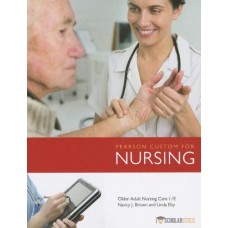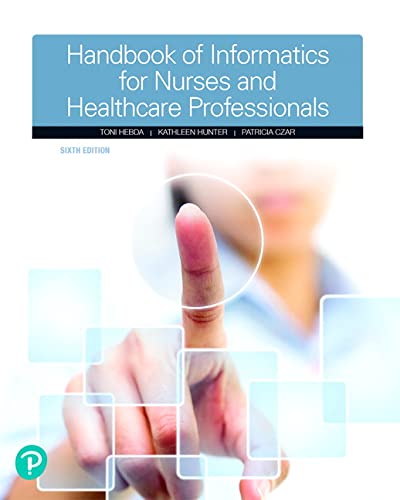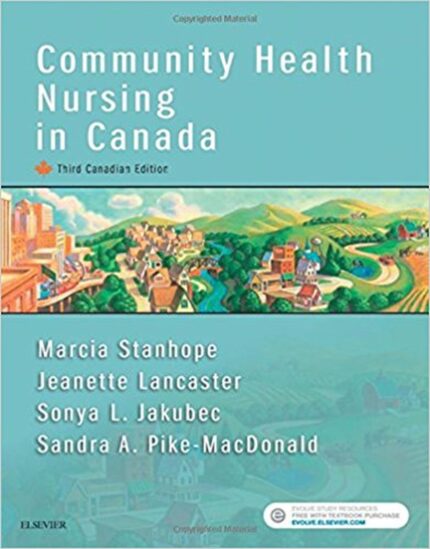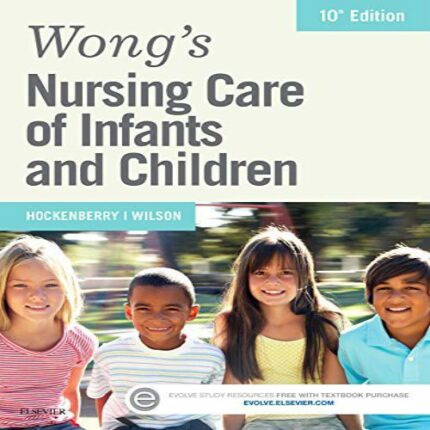Pearson Custom For Older Adult Nursing Care By Nancy J.Brown And Linda – Test Bank
Brown Older Adult Nursing Care, 1/E
Chapter 4
Question 1
Type: MCSA
An older adult client in the final stages of terminal cancer expresses to the nurse his gratitude for a “wonderful, fulfilling life.” The client expresses pride in his four grown children and grandchildren. He states, “I have really gotten to do almost everything I have ever wanted to do.” The nurse is aware that this client is expressing attainment of which of the developmental levels that Erikson and Maslow described in their theories?
1. Ego Integrity; Self-Actualization
2. Generativity; Self-Actualization
3. Ego Integrity; Positive Reminiscence
4. High Self-Esteem; Self-Satisfaction
Correct Answer: 1
Rationale 1: Correct. Ego Integrity is the positive side of Erikson’s last developmental life stage, Ego Integrity vs. Despair. Self-Actualization is the highest level of Maslow’s Hierarchy of Needs.
Rationale 2: Generativity describes Erikson’s middle adult developmental level, not his last.
Rationale 3: Positive Reminiscence describes a method of increasing self-esteem in the older adult, not a stage in Maslow’s hierarchy.
Rationale 4: High Self-Esteem and Self-Satisfaction describe what occurs during this stage of Erikson’s development, but these are not the correct terms used in Erikson’s and Maslow’s theories.
Global Rationale:
Cognitive Level: Remembering
Client Need: Health Promotion and Maintenance
Client Need Sub:
Nursing/Integrated Concepts:
Learning Outcome: Describe developmental tasks of the older adult and ways to promote achieving them.
Question 2
Type: MCMA
An older adult client is admitted to a mental health facility for depression. The client expresses low self-esteem. The nurse recognizes that in order for the client to achieve a positive developmental outcome, the client’s self-esteem must be increased. What are some nursing interventions that would help achieve this outcome?
Standard Text: Select all that apply.
1. Keep client expectations very high.
2. Keep a nonjudgmental attitude with the client.
3. Keep client focused on the future.
4. Make all choices for the client to reduce stress.
5. Plan mutually developed goals with the client.
Correct Answer: 2,5
Rationale 1: The nurse should keep expectations realistic in order to increase the client’s self-esteem.
Rationale 2: Correct. Maintaining a nonjudgmental attitude will increase the client’s self-esteem.
Rationale 3: Allowing reminiscence of past experiences helps to raise the client’s self-esteem.
Rationale 4: Making all choices for the client is demeaning and will lower self-esteem.
Rationale 5: Correct. Planning outcomes with the client will increase his or her self-esteem.
Global Rationale:
Cognitive Level: Remembering
Client Need: Psychosocial Integrity
Client Need Sub:
Nursing/Integrated Concepts:
Learning Outcome: Describe developmental tasks of the older adult and ways to promote achieving them.
Question 3
Type: MCSA
An older adult client is discussing current life stressors with a psychiatric nurse practitioner at a mental health center. The client is facing forced retirement. Which remark made by the client would indicate to the nurse that the client is coping with this issue in an adaptive manner?
1. “Well, I’m sure that it’ll be okay. I really wasn’t prepared for this, but somehow we’ll make it all work out for the best.”
2. “You know, I wasn’t really ready for this right now, but I took up oil painting a few years back, and I wouldn’t mind having more time to paint and go traveling.”
3. “I could just kick myself for not getting my doctorate a few years back. That would have made me indispensable to the company.”
4. “I really don’t think that the company will want to lose me. I think they’ll cave at the last minute.”
Correct Answer: 2
Rationale 1: Wishful thinking is a maladaptive coping method.
Rationale 2: Correct. Reframing the problem is a positive, adaptive coping method.
Rationale 3: Self-blame is a maladaptive coping method.
Rationale 4: Avoidance of the problem and wishful thinking are maladaptive coping methods.
Global Rationale:














Reviews
There are no reviews yet.